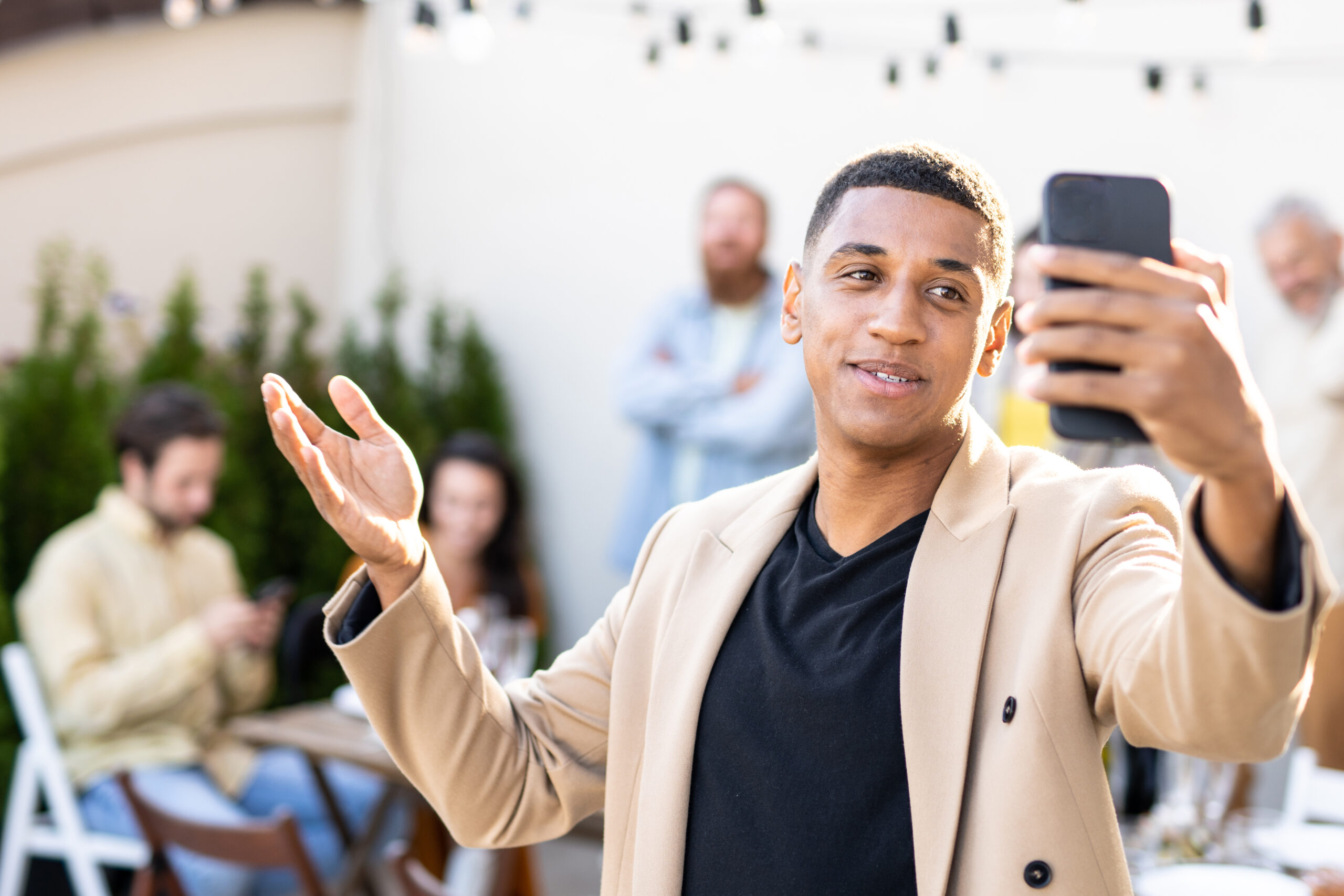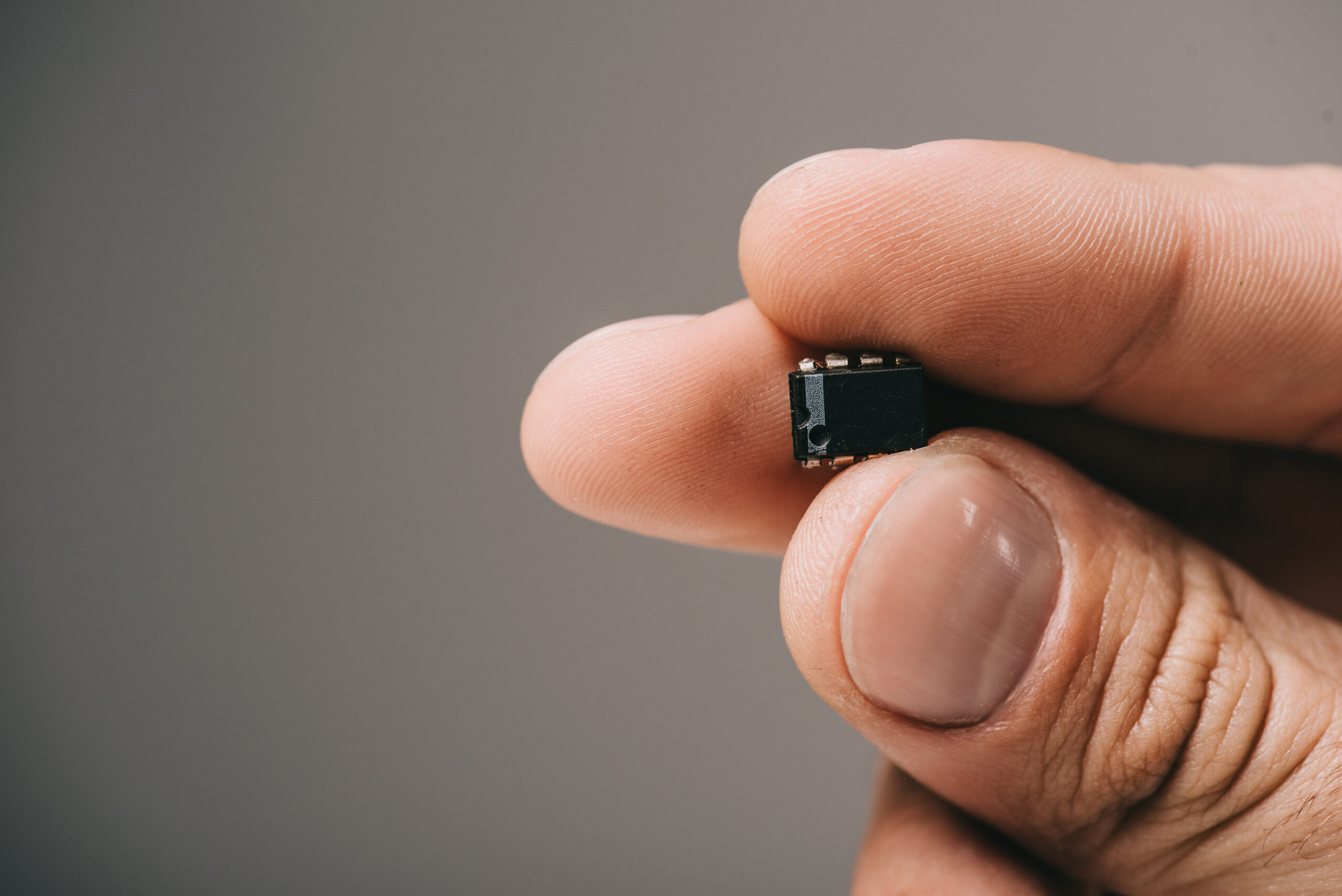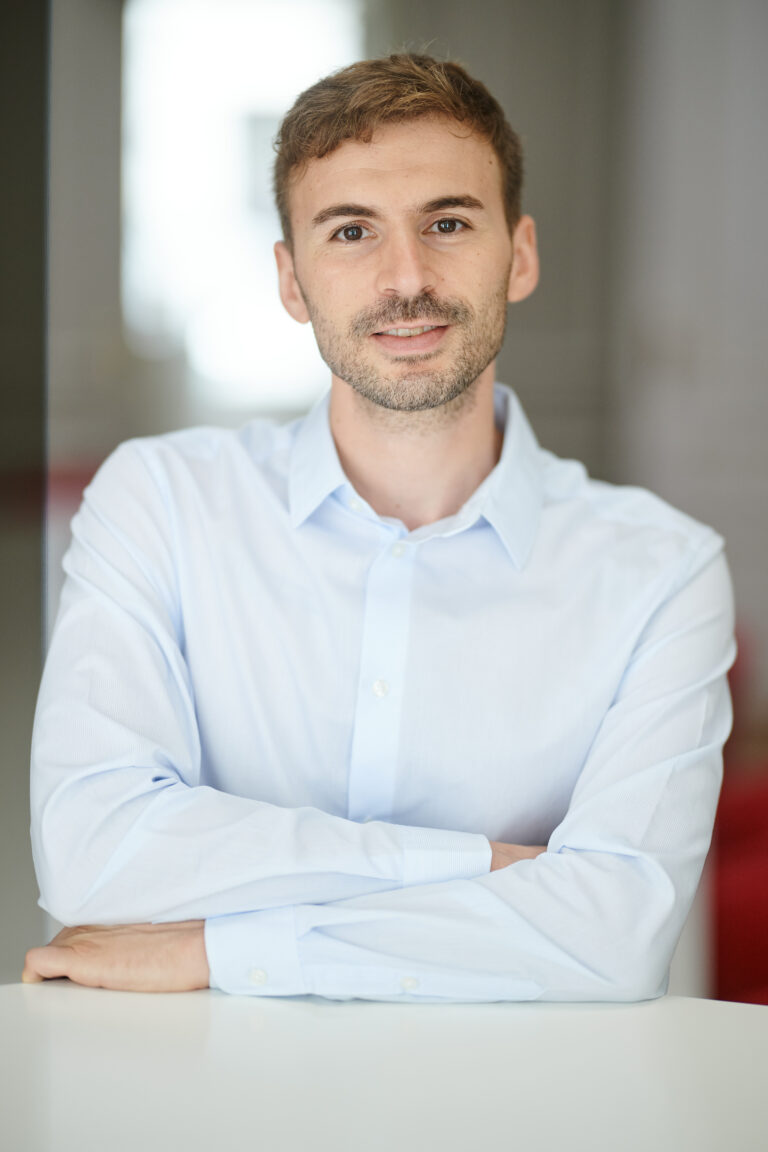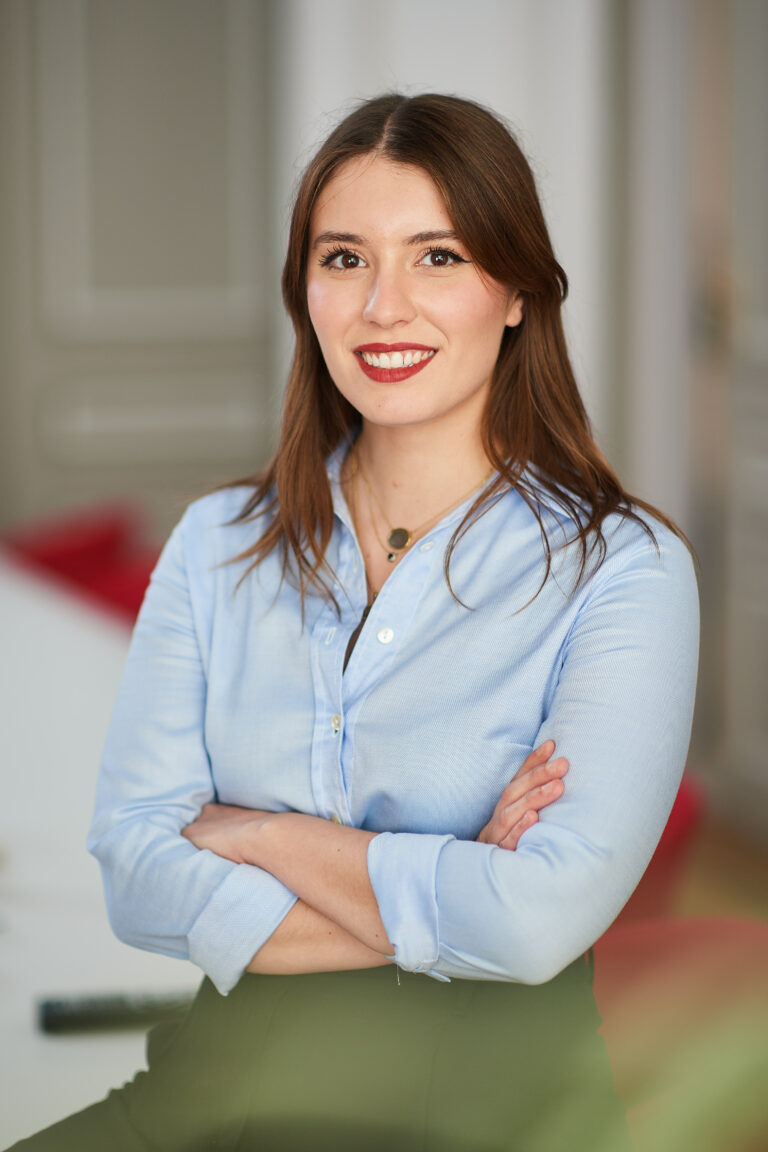Storytelling footage of a multiethnic group of people dining on a rooftop. Family and friends make a reunion at home
Dear readers,
In Brussels, the debate about technology is starting to feel like arguing over whether coffee or tea is better, except it’s about digital tools. On one side: “technology will save us!” On the other: “screens are the enemy!” The truth? Technology isn’t everything, but it’s definitely important.
Consider the facts. A Euractiv 2025 survey of European association leaders found the top tools for communicating with stakeholders were in-person meetings (83%) and online meetings (80%). Social media (78%) barely beat physical conferences (77%). Clearly, Europeans like their digital dashboards, but they still love a good handshake.
Here’s the point: technology should support strategy, not lead it. Posting, tweeting, and streaming may boost online visibility, but influencing EU policy requires more than likes and shares. Influence comes from networks, relationships, and the occasional informal conversation that drifts into serious talk.
When I interviewed EU experts for my book Mapping the Influencers in EU Policies, we defined an influential person as someone who knows people who know people and actually meets them. Technology is an amazing sidekick for staying in touch with dozens – or hundreds – of contacts, but nothing beats a direct conversation for building trust and rapport.
The key? Balance. Use tech to make your life easier, but don’t let it replace human interaction. Adapt tools to your needs, not the other way around. Blend online efficiency with offline warmth. Share an article, sure, but don’t skip the coffee invite.
At the end of the day, the mission isn’t just about Brussels or the EU, it’s about life: mixing the digital with the personal, the ping with the handshake, the message with the laugh. Technology can help you get there, but relationships are what actually move the needle.
So go ahead: embrace tech, but don’t forget to actually talk to people. Otherwise, you might just end up liking your own posts while the policy world marches on without you.
About this week’s guest editor, Dan Luca:
For more than 25 years, Brussels has been my vantage point for observing and engaging with the ever-evolving European public sphere. A committed communicator and active blogger since 2007, I’ve taken part in over 10,000 business meetings, always striving to stay connected with everyone, everywhere, all the time.
Love reading out-of-the-Brussels-bubble tech news? Share it with your friends and colleagues. They can subscribe here. Ideas? Suggestions? Comments? Send them our way!
#TechAways is brought to you by SEC Newgate EU’s one and only #tech team featuring, Ali El Majjaoui and Camilla Frison.
Save the date!
Next Monday, 17 November, SEC Newgate EU will host a #BrusselsCalling panel on the changing media landscape with Raziye Akkoc (AFP), Kait Bolongaro (MLex), Stanley Pignal (The Economist) and Maria Tadeo (Euronews). Sign up here to join!
Too hot to handle: when beauty backfires for fitness influencers 💪 [ars TECHNICA]
In the social media world, being attractive might help sell products, but for fitness influencers, it can also work against them. A study from the University of Dayton and the University of Oregon found that very attractive fitness influencers received fewer likes and followers than those who were moderately attractive. The reason was simple: people found them less relatable. Those who looked at the most attractive influencers ended up feeling less confident about themselves, while average-looking ones had the opposite effect.

The researchers called this the “beauty backfire effect”. The same pattern did not appear in other areas such as finance, where looks are less important. However, when attractive influencers shared personal challenges or setbacks, their engagement increased. Apparently, looking real wins over looking flawless.
An EU age limit for social media? Easier said than done📱 [POLITICO]
European Commission President Ursula von der Leyen has suggested introducing a minimum age for social media across the EU, arguing that children should be protected online just as they are from alcohol or tobacco. The problem is that decisions like these are made by national governments, not Brussels. Legal experts underline that the EU has limited powers to set a common “digital majority” age, and any proposal would likely clash with existing rules.

The GDPR already sets 13 as the minimum age for online consent, while other EU laws leave the matter to member states. Updating measures like the Audiovisual Media Services Directive or the Digital Services Act would not make much difference either. For now, the idea sounds more like a political statement than something that could actually happen.
Chips are reaching new heights. 💾🪜 [New Scientist]
Moore’s law made sense for decades: pack more transistors onto a chip, shrink them smaller, and watch computing power progressively increase. But there’s a limit: transistors can’t shrink forever without defying physical and energy limits. This led researchers to seek a new direction, specifically, upwards. A team from King Abdullah University of Science and Technology in Saudi Arabia started stacking chips 41 layers high (ten times taller than anything before), using two different semiconductors separated by an insulator.

At this time, only 600 copies have been produced as a test, but we already have some promising results. Even though, for now, they can only handle basic computing, such as household electronics or wearable health devices, these dense chips use are highly energy-efficient. Compared to traditional manufacturing methods, they consume less power, which could lead to a significant reduction in the electronic industry’s carbon footprint.
Keep your ads out of my brain. 🧠📺 [The Guardian]
For over a century, scientists have been obsessed with decoding the human mind, a field now called neurotechnology. Early research helped us understand how the brain works, leading to transformative medical uses to treat diseases like Parkinson’s. But today there is a concern of losing control, as UNESCO warns, referring to the boom of the AI combined with a growing consumer-grade neurotech devices that read brain signals or track eye movements.

That is why UNESCO came up with a set of global ethical standards for neurotech. Some call it dystopian anxiety, but with the immense investments pouring into this field, many countries are already putting rules in place to protect citizen’s “neuronal data”.
In case you haven’t had enough:
- MrBeast: AI means it’s ‘scary times’ for YouTube creators [BBC]
- AI Workers Are Putting In 100-Hour Workweeks to Win the New Tech Arms Race [WSJ]
- How robotics could turn e-waste into a tech goldmine [The Next Web]
- Why imperfection could be key to Turing patterns in nature [ars TECHNICA]
- Half of EU adults lack basic digital skills, a serious challenge to competitiveness [EURACTIV]
Pop-Tech Pick
This month, we recommend you watch Ready Player One (2018), directed by Steven Spielberg and based on Ernest Cline’s best-selling novel.
Quick synopsis: set in a dystopian near-future, the film plunges viewers into the OASIS, a sprawling virtual reality universe where people escape the harshness of the real world. Packed with epic gaming challenges, 80’s pop-culture references, and non-stop action, it’s a visual treat and a playful dive into a tech-saturated future.
What so special about it: Spielberg’s vision is a glimpse into what our increasingly digital lives could look like. The film explores the balance between escapism and reality, the power of immersive tech, and the risks of allowing big corporations to dominate our virtual worlds.

